How to get rid of chipmunks in the garden: 5 humane methods to deter these critters
Our guide on how to get rid of chipmunks will help protect your plot from these pests

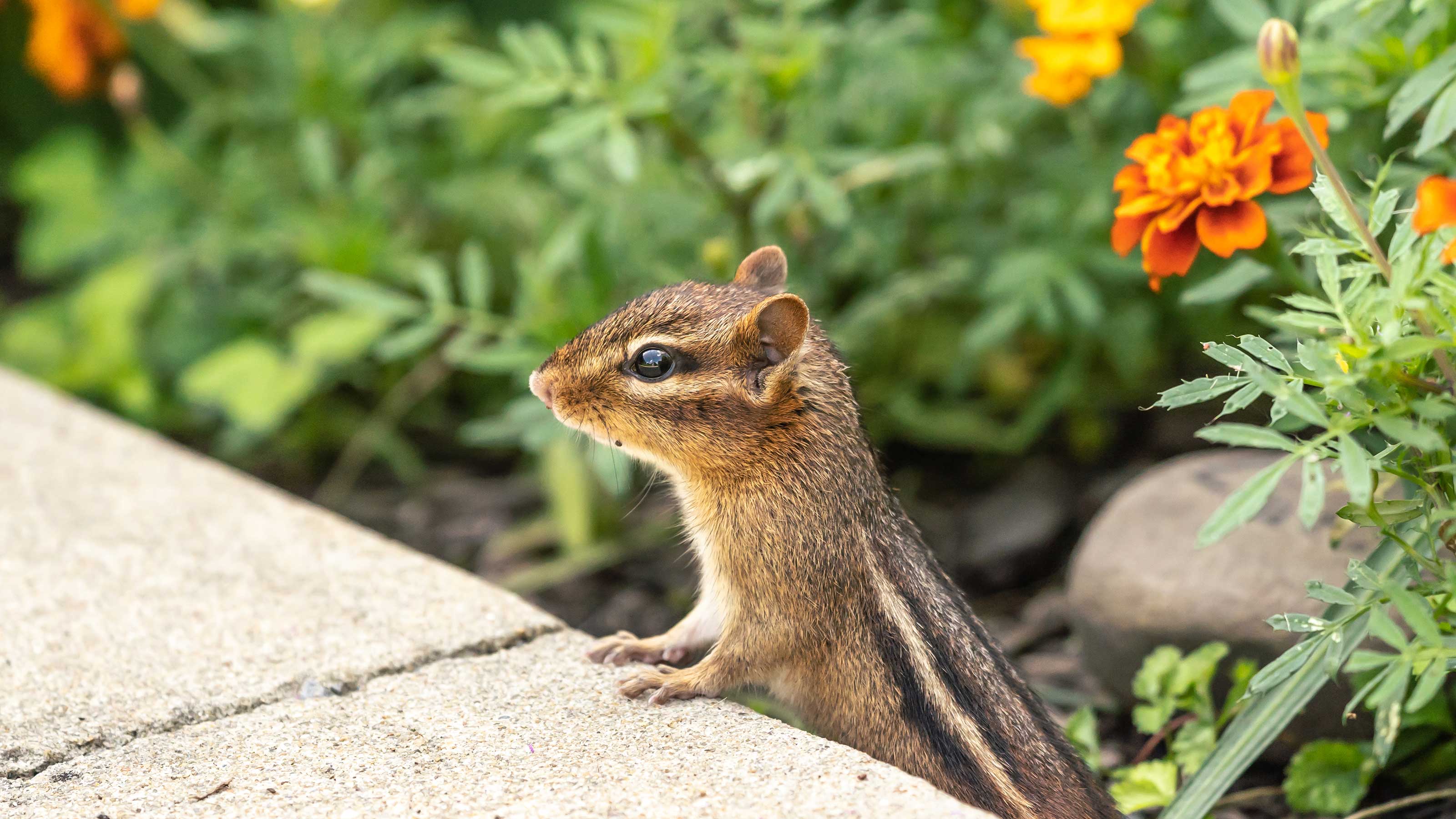
You'll most likely want to know how to get rid of chipmunks if you've spotted these critters in your backyard.
Although they may seem cute, they can be quite destructive – digging up flowerbeds and wreaking havoc with your lawn and even the foundations of your house to build their burrows. And given the chance, they can also enter your home or garage and cause additional problems there, often in their search for food.
There are a good few ways to deter them humanely, however. In fact, if you've read our guide on how to get rid of squirrels, the methods are very similar (they are from the same family, after all).
5 simple tips for how to get rid of chipmunks in your yard
We've listed five top approaches on how to deter these rodents, to help protect your plot.
1. Keep food sources secure from chipmunks
Spilled seeds from bird feeders will attract chipmunks, so be sure to clear up any mess when it occurs, as advises Jordan Foster, a pest management expert at Fantastic Pest Control. He also recommends keeping bird feeders at least 15 to 30 feet from any structure. This will make it more difficult for the pests to access them.
Using bird feeders that are specifically designed to be chipmunk-proof will also help, as will attaching baffles.
Moreover, if you're growing fruit or veggies in your containers or raised garden beds, keep an eye out for any harvests that have dropped to the ground. Collect them up as soon as you can, otherwise they will quickly attract chipmunks.
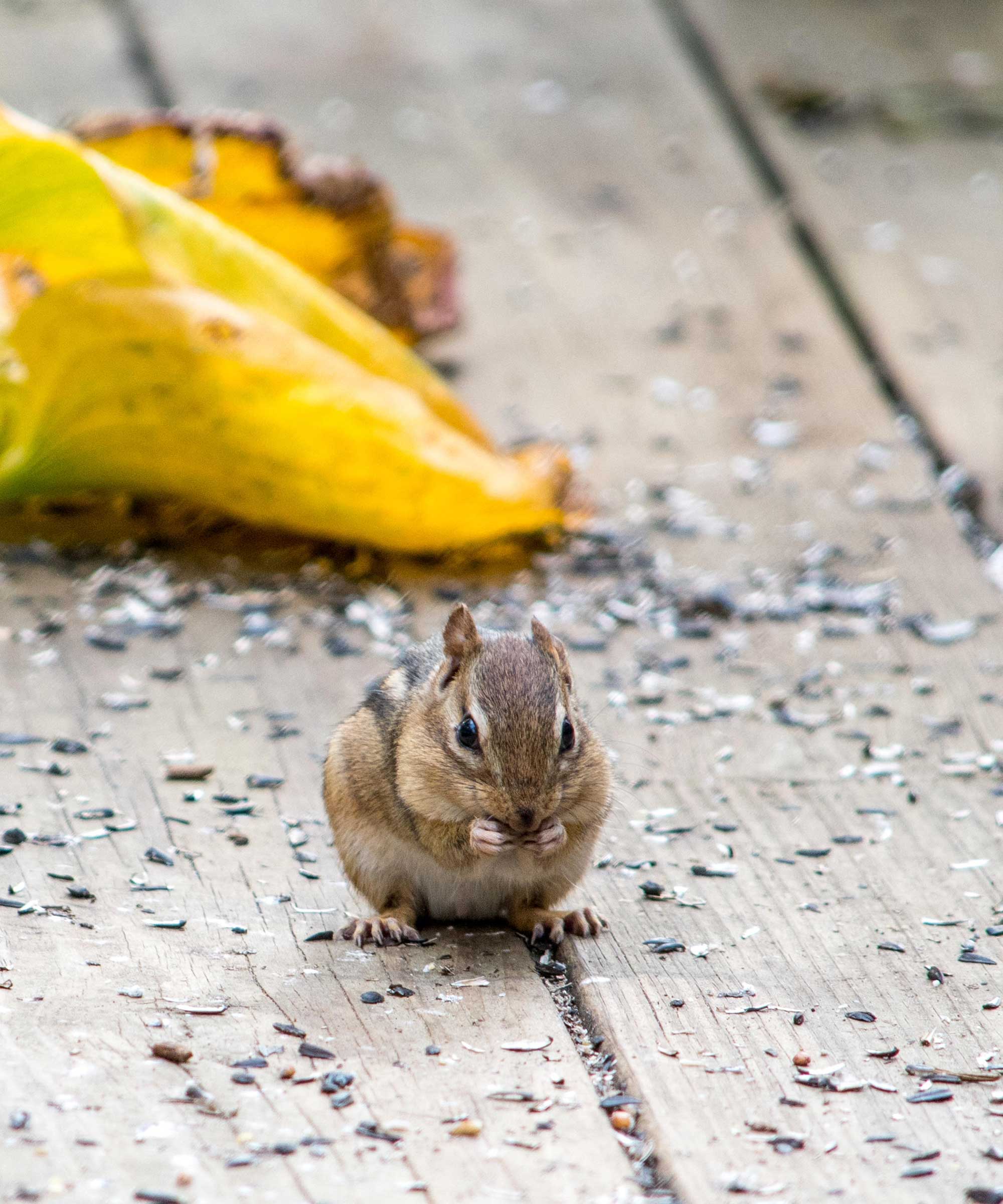
2. Opt for ultrasonic repellents
'To keep rodents such as chipmunks out of your garden and yard, you can use ultrasonic sounds that the human ear cannot detect,' says Jordan. These devices are readily available online. You simply stick them into your lawn or flowerbeds and, although they won't harm the chipmunks, the irritating noise (to them) will help keep them away.
You can even find solar-powered ones for easy-peasy maintenance. They're an option if you're looking for tips on how to get rid of moles, too.

3. Protect your bulbs
Gone to the trouble of planting bulbs for spring? The last thing you want is for them to all be dug up by chipmunks. But unfortunately, these pests are notorious at doing so – particularly when it comes to tulips.
Plant the bulbs in bulb cages, or beneath a layer of hardware cloth (the plants will still grow through the mesh grid), to prevent chipmunks from digging them up, says Jordan. Alternatively, you can make DIY bulb cages from chicken wire.
It is said that chipmunks dislike daffodil bulbs, however. So, to ward them off, it might be a good idea to add these to your spring mix.

4. Clear up your plot
Chipmunks will always be looking for safe and secure hiding places, such as piles of leaves, logs, or low-lying shrubs.
So, if you want to know how to get rid of chipmunks in the garden, invest in some secure new log storage ideas, and keep them away from the house to deter chipmunks from burrowing beneath (and potentially into your home's foundations). It's also a good idea to keep lawns cut short, bag up fallen leaves to make leaf mold, and trim back low branches to keep your plot as open and uninviting to chipmunks as possible.
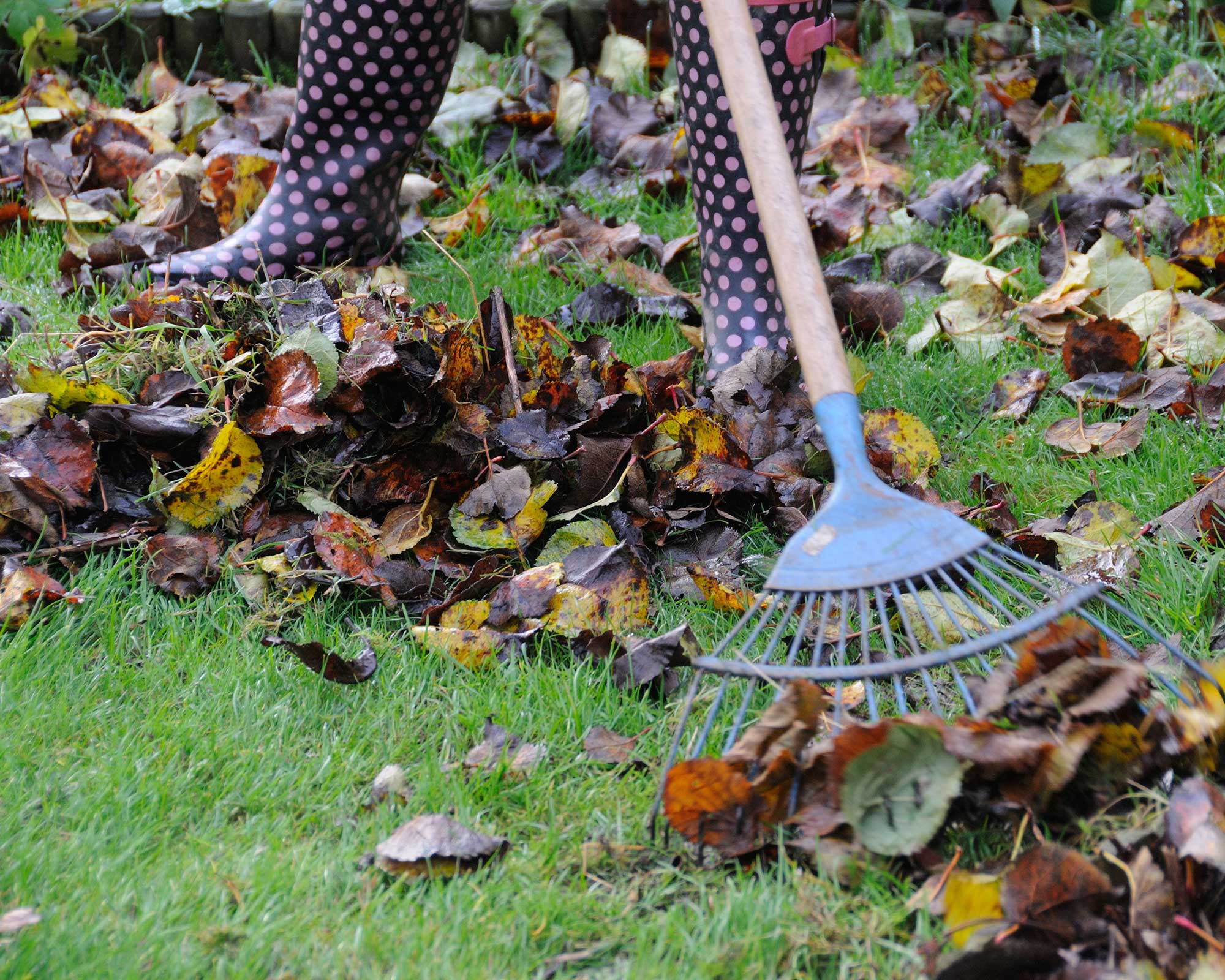
5. Make a DIY anti-chipmunk spray
Besides off-the-shelf chipmunk repellents sold in stores (look for non-toxic types), you can make one easily at home.
Jordan says to add pureed garlic and hot peppers to one cup (240ml) of hot, soapy water and then leave the mixture to cool. Strain the mix and add a tablespoon of castor oil, then shake well and pour it into a spray bottle. Bear in mind that castor oil can be toxic to pets, however, and should be kept well out of reach of children.
A simple mix of cayenne pepper and water is another concoction said to help repel chipmunks, as are mixes with strongly scented essential oils such as peppermint and cinnamon.
Spray your chosen repellent on the areas and plants in your garden that you wish to keep out of chipmunks' reach – although it's always a good idea to do a patch test first, to check it doesn't have adverse effects on flowers, foliage, or surfaces.
You can create DIY mixes to get rid of skunks, too – our guide has more info.
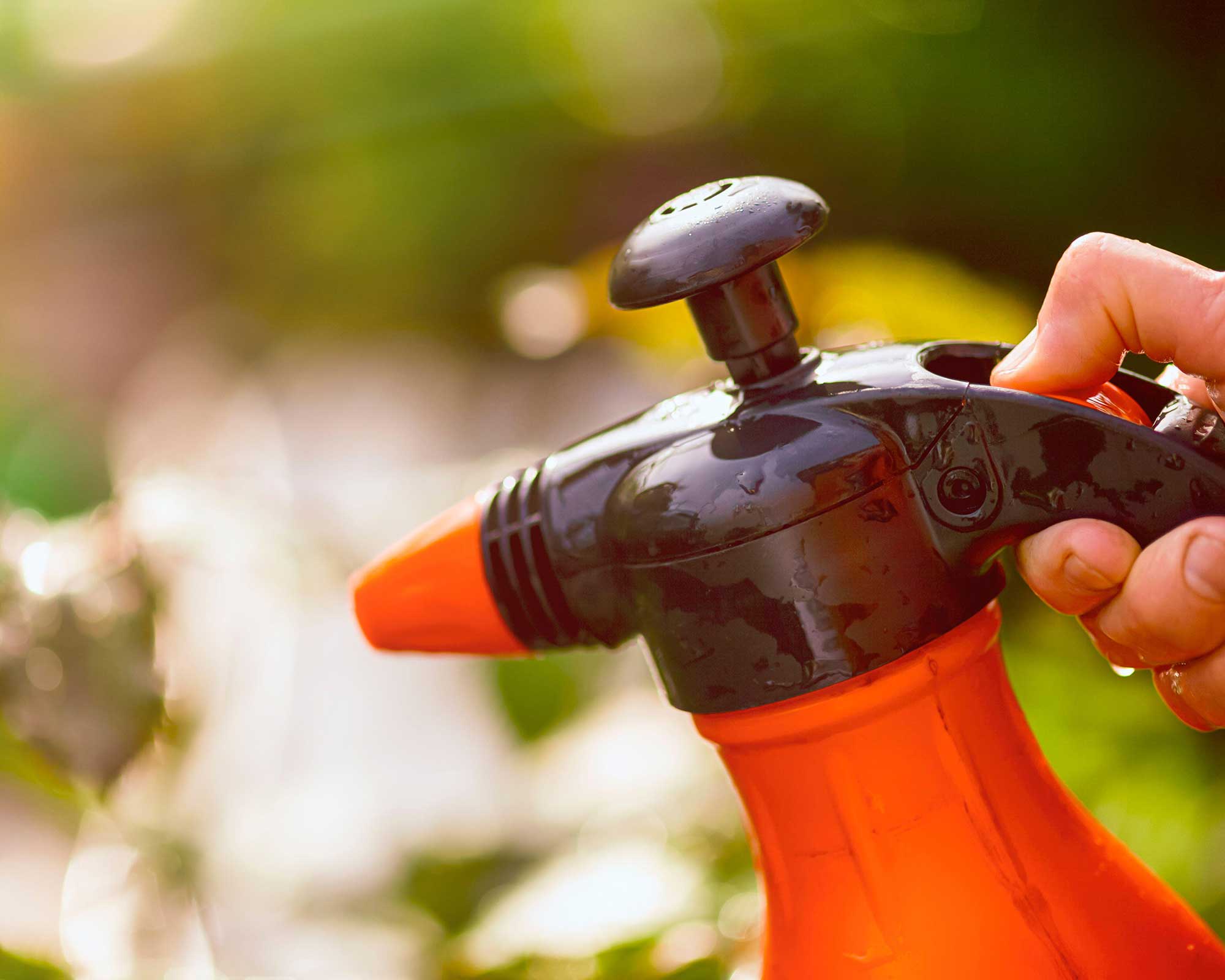
How can you get rid of chipmunks under your deck?
Decking ideas are great additions to gardens. However, they can also entice chipmunks as a safe place to hide (and potentially burrow).
As well as trying the tips above, adding a secure, L-shaped wire fence (with the 'L' buried deep underground to stop them tunneling) can keep them out. This approach can also work if you're looking for tips on how to keep rabbits out of your yard.
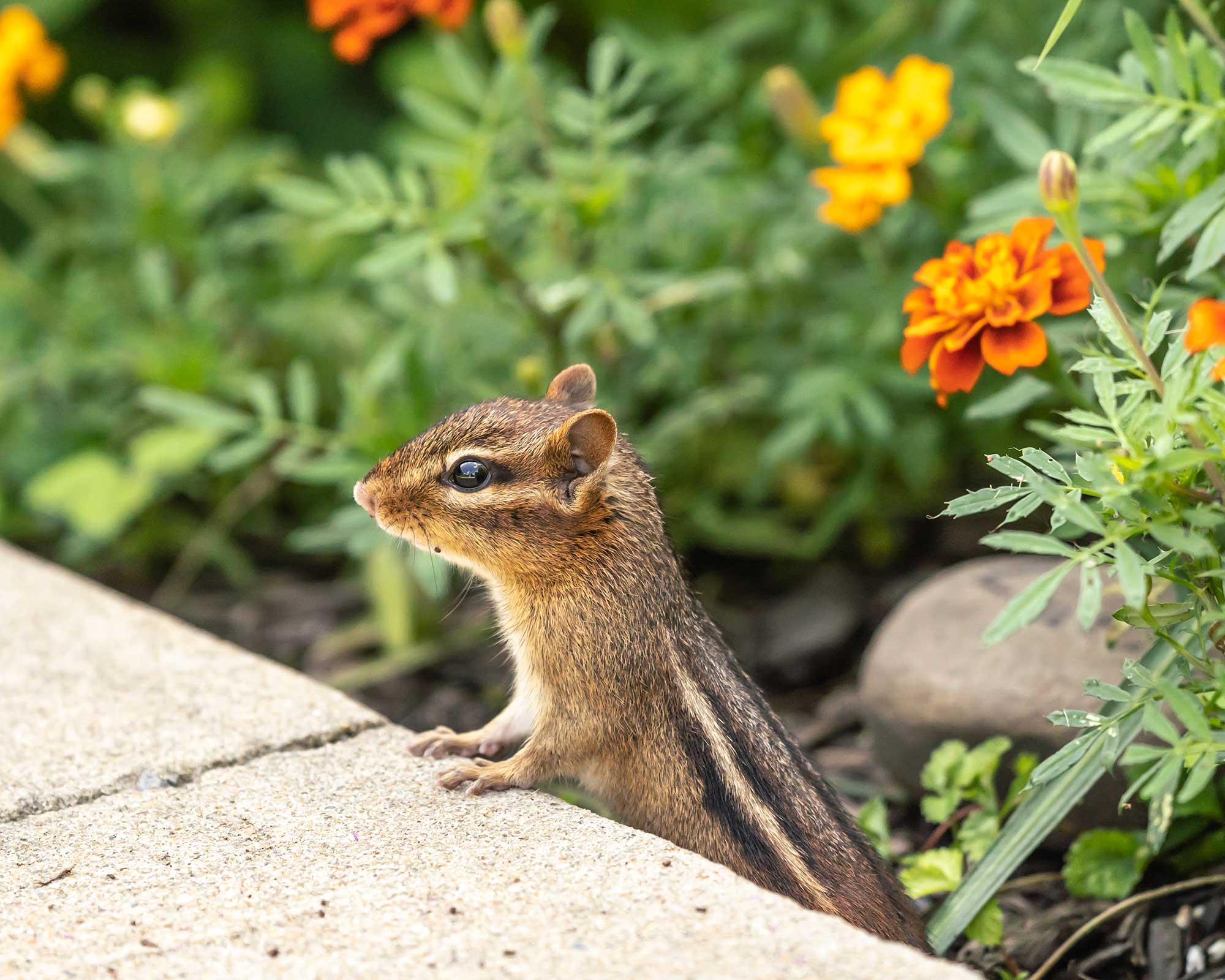
How can you get rid of chipmunks in your garage?
If you suspect chipmunks are getting into your garage, the first point of call is to ensure it is well sealed. Fill any small holes or cracks with caulk, and cover vents with wire mesh.
If you think there is already a chipmunk in your garage, try using a spray or dry repellent to ward it off (be sure to leave a door open so it can escape). If the pest still remains, it may be time to call in the pros.
Need some advice on how to get rid of foxes, too? Our guide has got you covered.
How do you identity a chipmunk?
- Chipmunks are often confused with squirrels as the two look very much alike. One of the main ways that chipmunks can be distinguished from them is due to their stripes. Chipmunks are also smaller than squirrels, and live underground (squirrels tend to live high up in trees).
- There are two main types of chipmunk found in the US – the Eastern and the Western variety. The Eastern chipmunk is slightly larger, at 12 inches long (tail included). The Western chipmunk is 6 to 11 inches long and generally has slightly darker markings on its face.
- These animals tend to retreat into their homes throughout the winter months, becoming more active once warmer weather arrives.
- The entrances to their burrows are usually one to two inches in diameter.
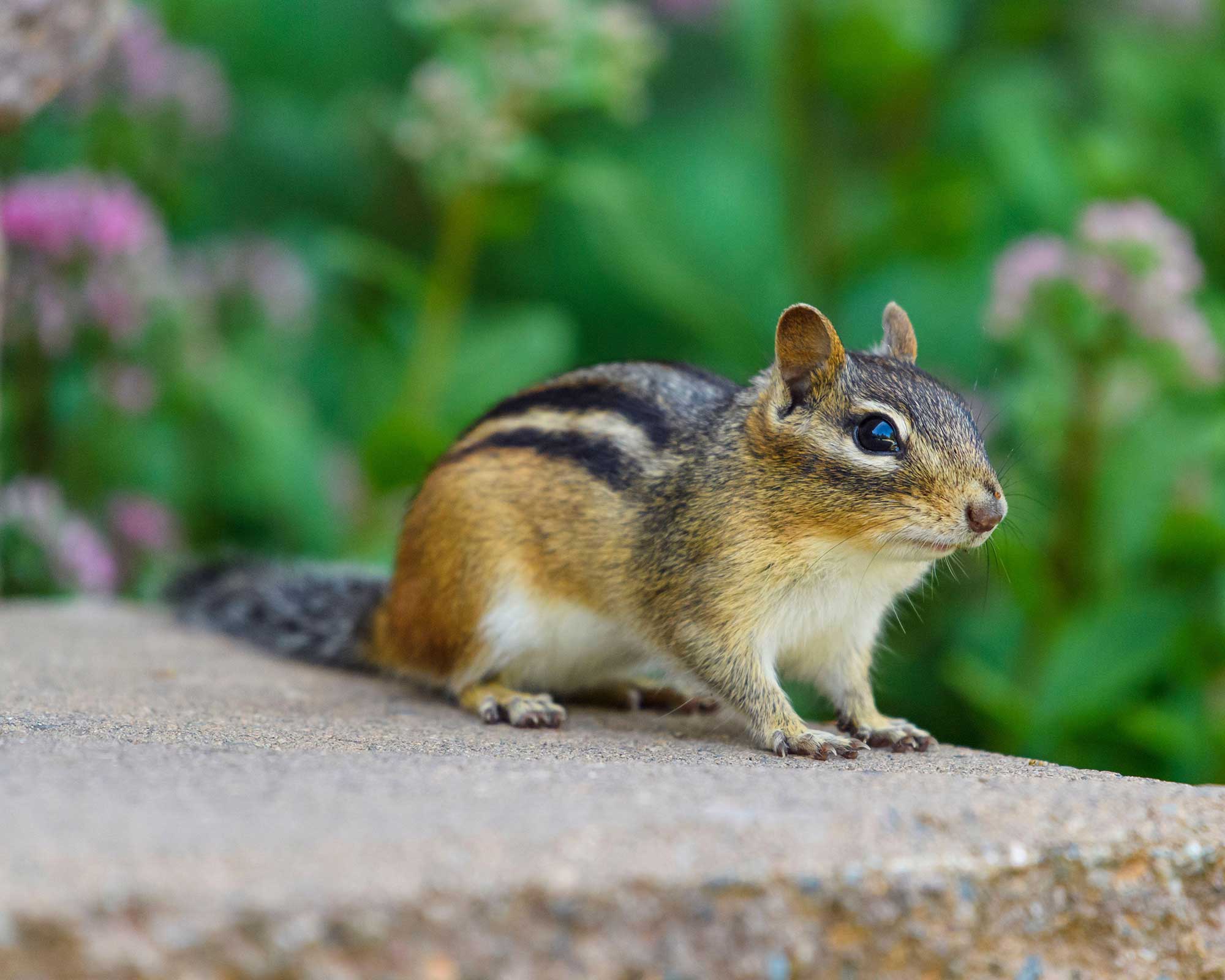
Do chipmunks bite?
Although typically not aggressive (they are most likely to run away if you encounter one), chipmunks can bite and scratch if feeling threatened or trapped. If this happens to you or a pet, seek professional medical advice immediately as they can carry diseases, and the wound can become infected.
There are a few other pests that can be a more immediate threat – including wasps. Our guide on how to get rid of wasps has lots of tips to deter them.

The garden was always a big part of Holly's life growing up, as was the surrounding New Forest where she lived. Her appreciation for the great outdoors has only grown since then. She's been an allotment keeper, a professional gardener, and a botanical illustrator – plants are her passion.
